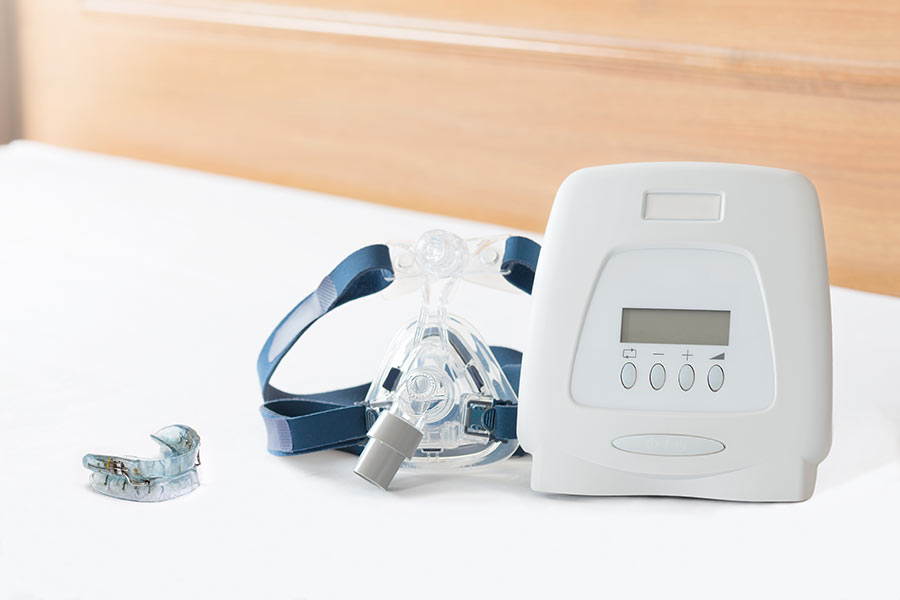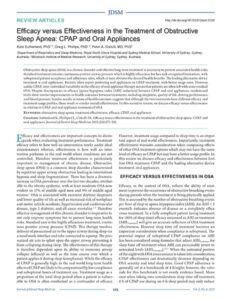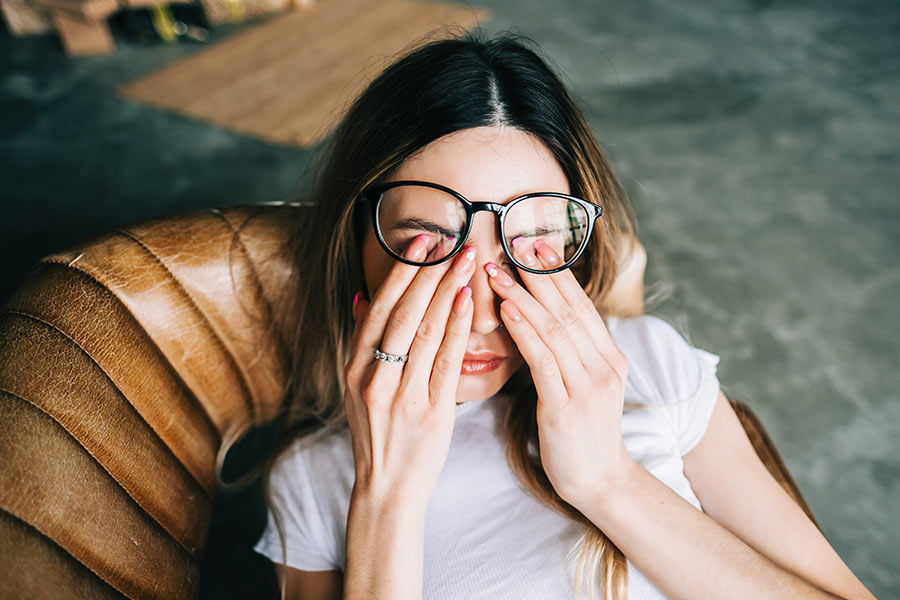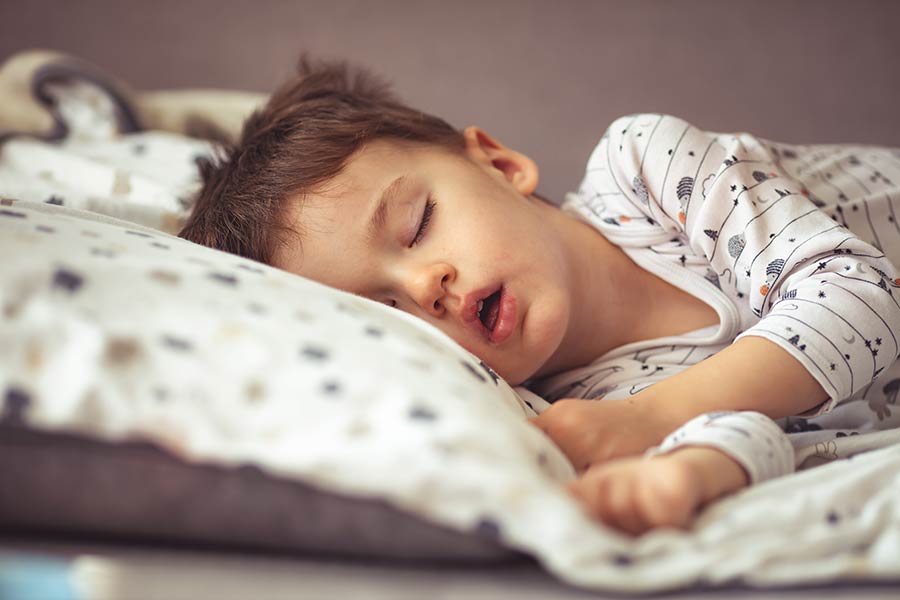
In the discipline of sleep medicine, the treatment landscape for obstructive sleep apnea (OSA) is rich with options, ranging from traditional Continuous Positive Airway Pressure (CPAP) therapy to oral appliances. However, the effectiveness of these treatments can vary widely, prompting a crucial debate between efficacy and effectiveness in addressing this prevalent sleep disorder. Sutherland et al.’s study, published in the Journal of Dental Sleep Medicine (JDSM), delves into this critical discussion, shedding light on the comparative merits of CPAP and oral appliances in managing OSA.
The dichotomy between efficacy and effectiveness lies at the heart of treatment outcomes. Efficacy refers to the performance of an intervention under ideal and controlled conditions, typically in clinical trials, where variables are closely monitored and controlled. On the other hand, effectiveness pertains to how well an intervention works in real-world settings, encompassing factors such as patient adherence, tolerability, and overall practicality.
CPAP therapy, considered the gold standard for OSA treatment, has demonstrated high efficacy in numerous clinical trials. By delivering a continuous stream of pressurized air through a mask, CPAP effectively keeps the airway open during sleep, reducing or eliminating apnea events. However, its real-world effectiveness can be hindered by factors such as discomfort, mask intolerance, and poor adherence, leading to suboptimal treatment outcomes for some patients.
In contrast, oral appliances offer an alternative approach, often prescribed for patients who struggle with CPAP therapy or prefer a less invasive option. These devices work by repositioning the lower jaw and tongue to prevent airway obstruction during sleep. While studies have shown oral appliances to be effective in improving OSA symptoms and patient satisfaction, their efficacy compared to CPAP in controlled settings remains a subject of debate.
Sutherland et al.’s comprehensive analysis aims to bridge this gap by synthesizing existing evidence on the efficacy and effectiveness of CPAP and oral appliances in OSA treatment. By critically evaluating factors such as treatment adherence, side effects, and long-term outcomes, their research provides valuable insights into optimizing patient care and refining treatment recommendations in the dynamic landscape of sleep medicine.





